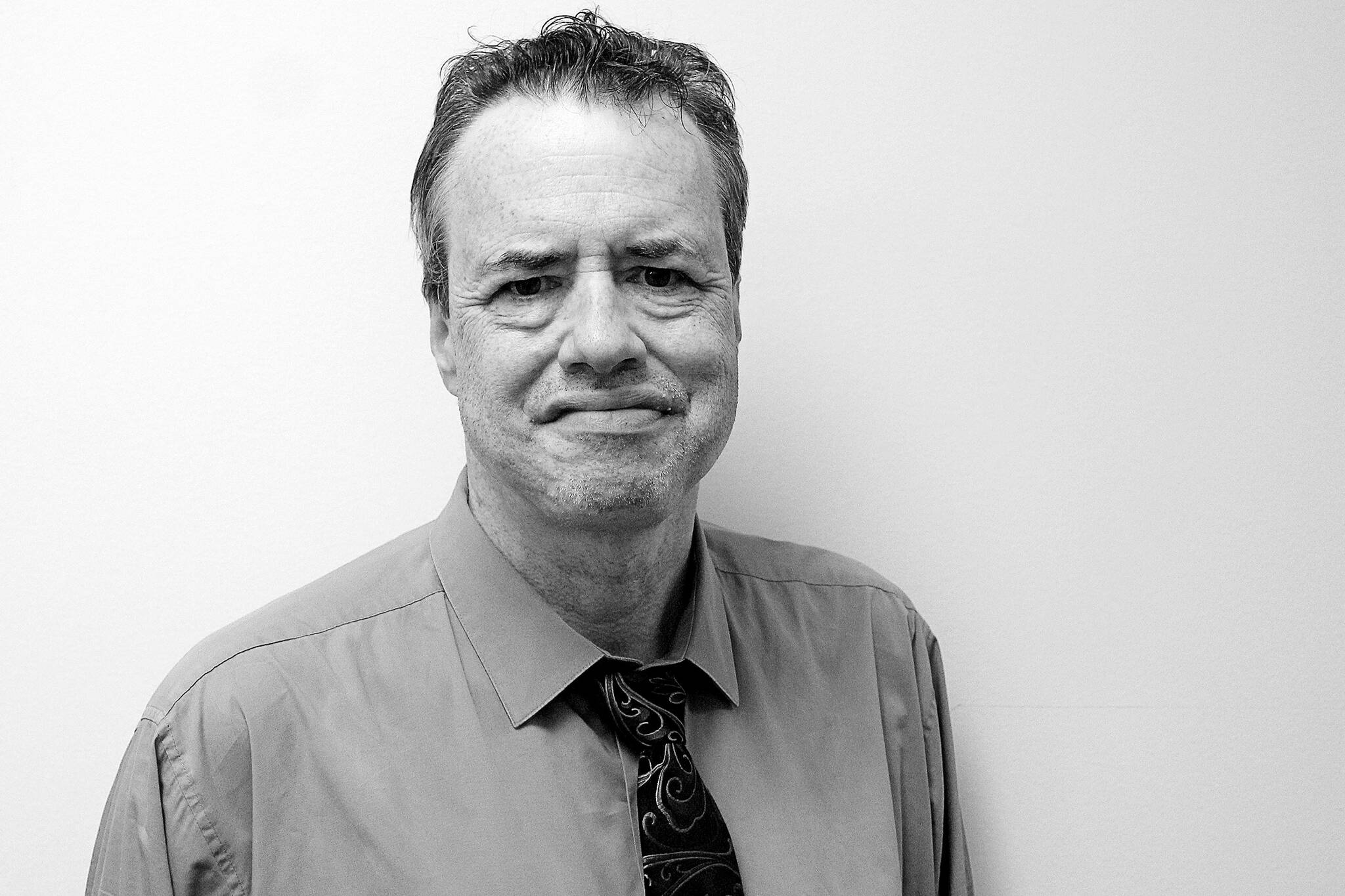I see it as one of those self evident truths about the human race.
That is, every person on this planet is capable of great good and great harm. That we all, from top to bottom, are mixtures, blendings of light and shadow.
Seems simple, right?
But simple does not mean superfluous.
Indeed, it is of the highest importance that we acknowledge this truth in ourselves. Because failure to do so can open the royal road to an obnoxious, appalling, and finally lethal self-righteousness. And history in its train presents us with a tragic conga line of human beings who have committed terrible wrongs, convinced, even as they did so and afterward, of their own moral rectitude.
“Each side prays to the same God,” Abraham Lincoln said of North and South, in his Second Inaugural Address weeks from the close of the American Civil War, “and each invokes his aid against the other.” Lincoln believed both sides were at fault.
This is what the Swiss Psychiatrist Carl Jung describes as failure to grapple with “The Shadow,” that is, the inferior part of ourselves where all that we fail to acknowledge in our conscious life dwells, and which, because of its powerful charge in the unconscious, we project onto others.
So, we disparage that woman as “dishonest,” that man “a cheat,” when it’s blindingly obvious to others that the wrongs we impute to others are the shortcomings we ourselves possess.
Failure to grasp this fact and to impute the devil in ourselves to that fellow over there, has taken some preposterous, at times even laughable turns.
I have heard claims from, let’s call it Side A, that the people on Side B are so much uglier than they are. As if somehow, the difference in political beliefs, reflected in adherence to certain economic theories and beliefs about taxation had somehow — and I can’t imagine how — seeped into the DNA to render “those people” over there physically hideous, monstrous, while we of course, that is, people who believe like we do, are beautiful angels.
Yes, we can laugh at that. It’s no longer laughable, however, when that person with the direct pipeline to God comes out at you with a weapon, for instance, let’s say, a hijacked jet or an American flag on a pole used as a spear.
Did the Nazis think they were doing wrong? Did the 9/11 attackers think they were doing wrong? Did Torquemada and the practitioners of the Spanish Inquisition think they were doing wrong?
Of course they didn’t. They are the reflection of the all-too-human tendency to insist that whatever the deed, if it comes from us, it’s gotta be good. After all, our motives are pure, our cause is just, not like those of that guy over there.
Exposing to light the noxious plants we have potted in our insulated minds should tell us the opposite, if we have ears to hear.
In my own life, there’ve been many events that have helped me to begin to change my attitude. I say “begin,” because I am talking about a process that has no end.
I’ll name two of these events.
One was square dancing. It was meeting actual flesh-and-blood people on the dance floor, people who did not share the beliefs I had nurtured in secret, yet, who strangely enough, turned out to be warm, kind, funny and welcoming.
The other event was the month I spent in a hospital fighting the side effects of cancer treatment, which came within a hair of killing me. I have had a lot of time to reflect on what I learned during that period.
Only later did I learn from members of my family and the nursing staff that I had yelled at my sweet wife, and had even been cruel to her during my stay. But at the time, I was absolutely unaware of any of it. I thought I was a model patient. The jarring reality has weighed on my mind ever since. That I can be acting like the greatest jackass on record and be totally unaware of it.
That sort of experience works as a levelling process, removing silly pretensions.
Often life jolts us into this awareness. And getting there hurts sometimes, boy does it hurt, as the Greek poet Aeschylus wrote in his Agamemnon.
“God, whose will it is that he who learns must suffer, and even in our sleep, pain that cannot forget falls drop by drop upon the heart until, against our will, in our own despair, comes wisdom to us by the awful grace of God.”
Or, as T.S. Eliot’s “familiar compound ghost,” informed the poet in the Little Gidding section of The Four Quartets about the “gifts reserved for age.”
“Last, the rending pain of re-enactment
Of all that you have done, and been; the shame
Of things ill done and done to others’ harm
Which once you took for exercise of a virtue…”
Robert Whale can be reached at rwhale@soundpublishing.com.


